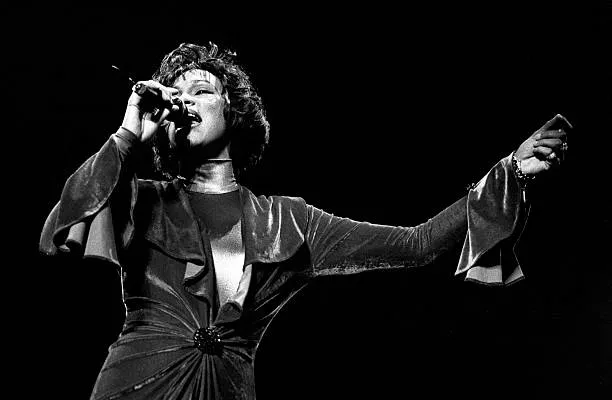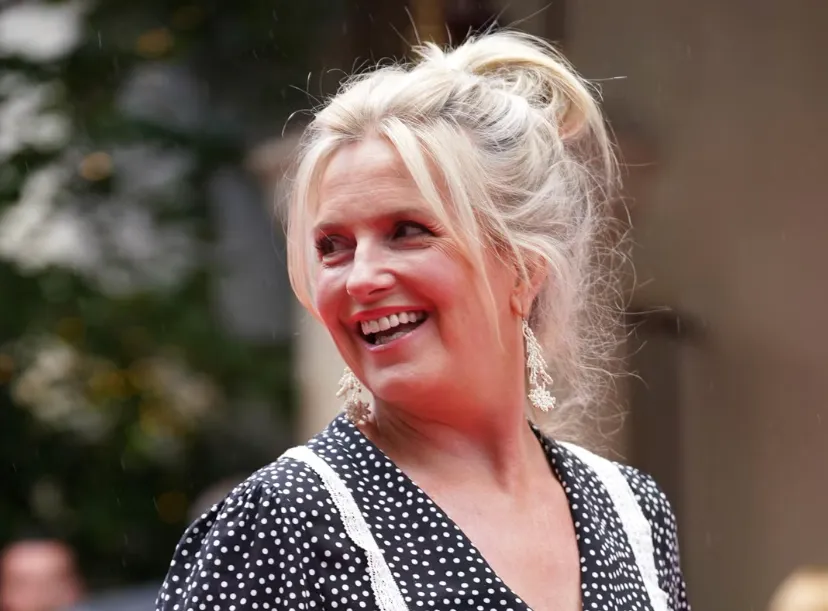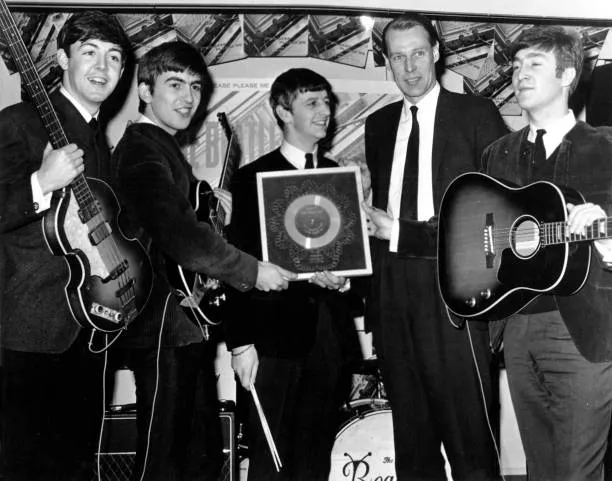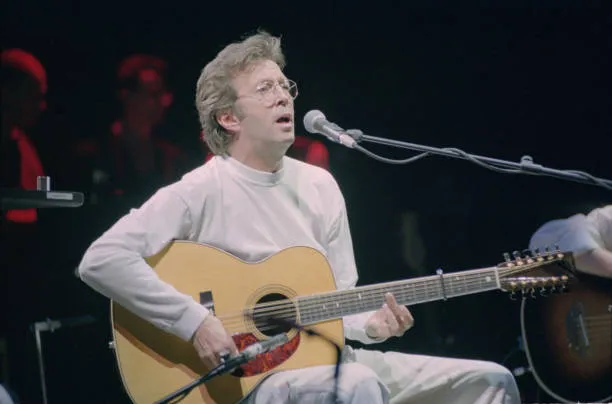Every artist usually has that one act who managed to set their world on fire in the early days. It’s one thing to like what a band is playing, but the minute that one musician came along, it was never going to be the same way once they took their headphones off. Even though Eric Clapton could easily just put ‘the blues’ as his favourite artist, he considered Muddy Waters was among the biggest influences when he started out.
Compared to the other rock guitarists before and after him, though, Clapton never strayed too far away from the blues. Sure, there would be albums like Slowhand that saw him developing as a songwriter, but the crux of his sound always came from him trying to turn himself into people like BB King and Robert Johnson for the modern age.
While Johnson and King were both able to speak with their instruments, no one spoke with greater authority than Waters. Although rock and roll was just around the corner, Waters was reminding everyone why the blues was still considered one of the dirtiest genres in the world, especially when he launched into jams like ‘Hoochie Coochie Man’.
Even when he didn’t have an electric guitar in his hand, Waters could be 90% better than most electric guitarists could hope to be. For anyone trying to expand their craft beyond their traditional distortion pedals, an album like Folk Singer is one of the best examples of a guitarist working outside their comfort zone and breaking new ground that no one thought was possible.
For Clapton, Waters’s example was the standard that he lived by decades after he first started playing, recalling in 1994, “He meant a great deal to me and his music still does mean probably more than anybody else’s, and I don’t know why. It was the first really that got to me, and it still is the most important music in my life today, is the music of Muddy Waters, and it’s been the hardest for me to try and emulate or to cover.”
Then again, part of the difficulty in covering any Muddy Waters track comes down to the delivery. From the minute he started playing, Waters had a certain unspoken language going on between his voice and his fingers, and his way of answering himself with his guitar is one of the tastiest call-and-responses that any blues troubadour has ever attempted.
And it’s not like Folk Singer didn’t have an impact on Clapton, either. Since most of that record took place on just an acoustic guitar, it’s not out of the question to think that ‘Slowhand’ decided to restructure his songs on Unplugged just because he wanted to create something closer to Waters’s sound.
Not every one of his songs was necessarily complicated, but no one got to where they are by making the most confusing music possible. It was about what you had to say beyond the notes, and when looking at every other guitarist on the circuit, Clapton learned from Waters that it’s not all about flash. It’s about putting your soul into every note you play and hoping that the crowd will love you in return.



